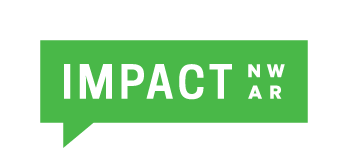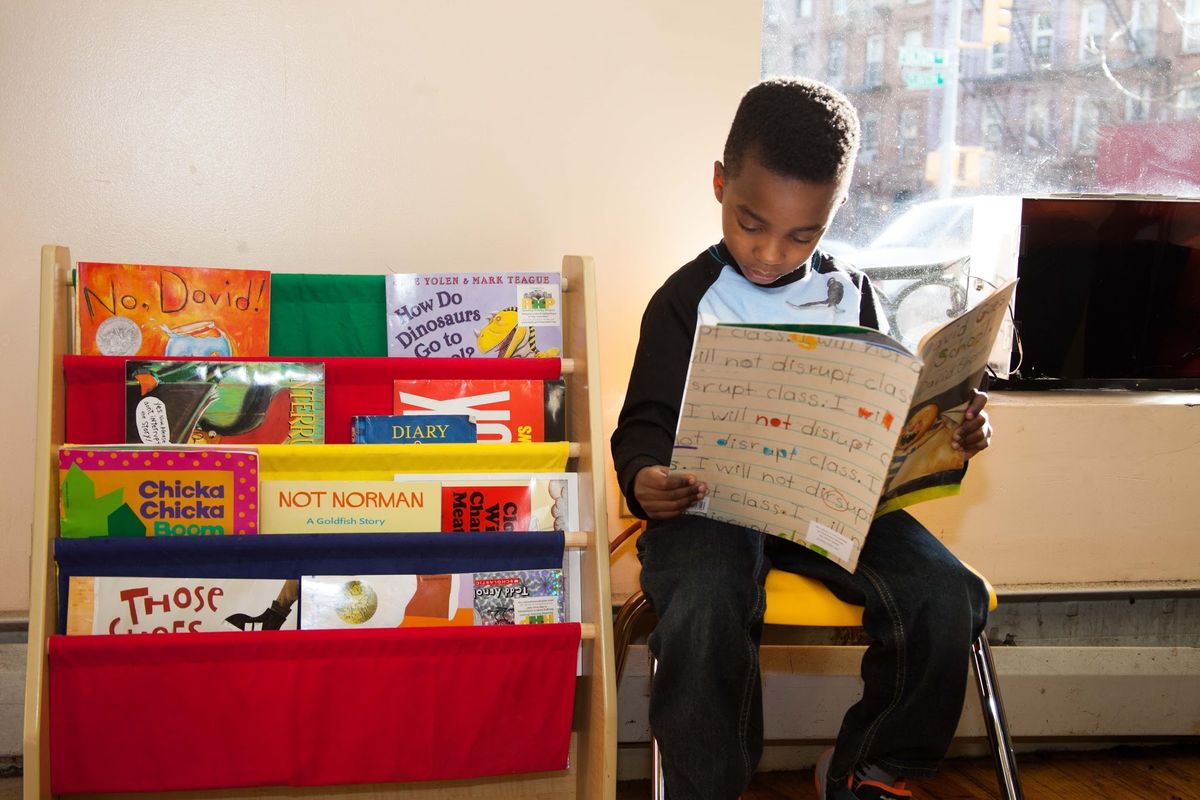This local initiative was inspired by Barbershop Books, a community-based program that creates child-friendly reading spaces in barbershops and provides early literacy training to barbers across America.
Many believe that change comes from the top-down through legislation and contributions to small causes. Some sigh at the pessimistic rebuttal that genuine change is simply not possible. Others, however, believe there’s no way to drive change but to do the hard work from the bottom up, making a difference instead of waiting for imposed changes from the top to take effect.
D’Andre Jones, Chairman of the African American Advisory Council at the City of Fayetteville, has co-organized Bringing Books to Barbershops for this year’s Black History Month creating “[a] space for reading for African American boys and girls ages 4 through 8 to develop a fondness for reading.” Black History Month is the signature project of Compassion Fayetteville, a nonprofit Jones has been involved in for the last five years handling the plans and logistics for these events.
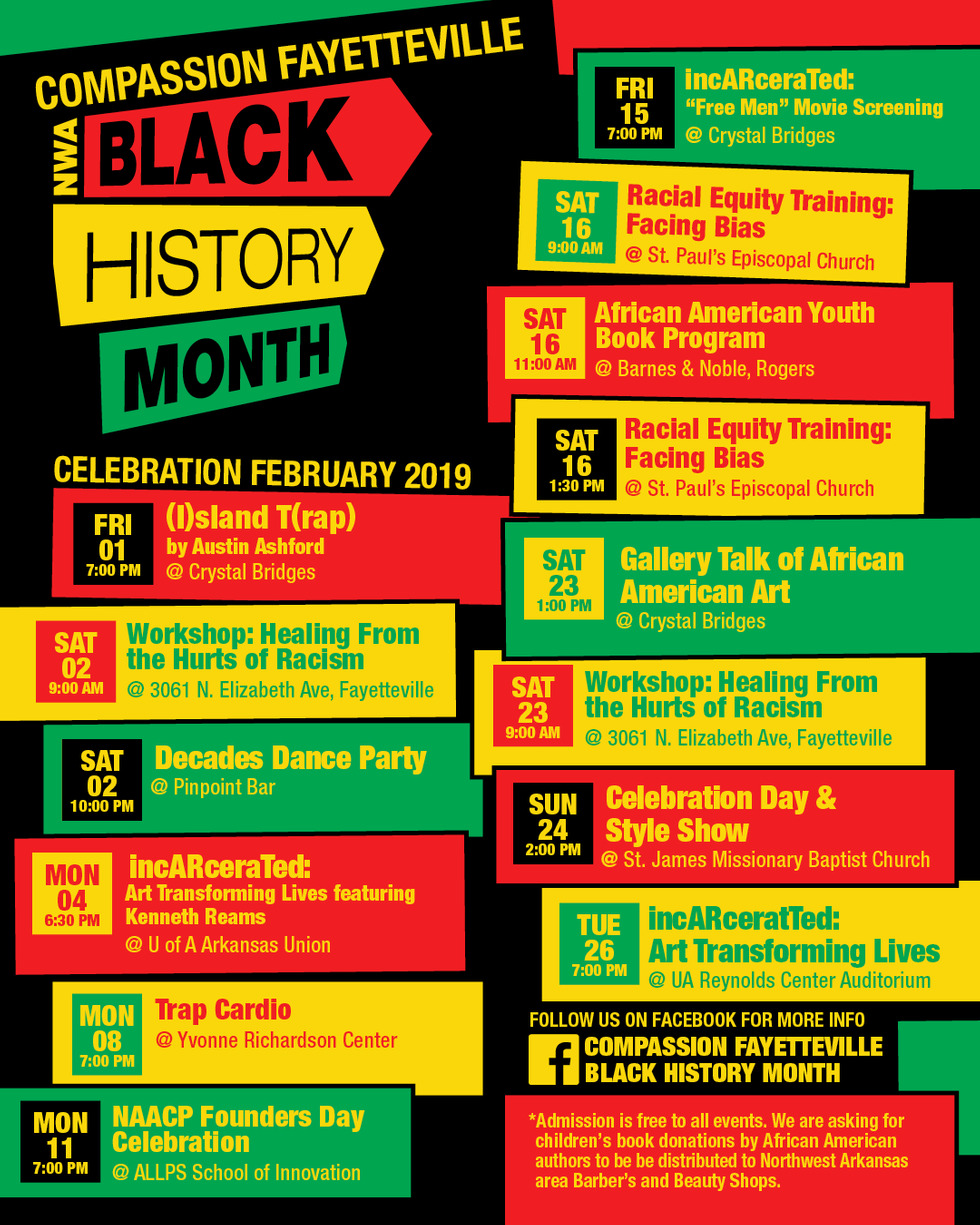
This project is meant to encourage literacy in children in the context of nontraditional spaces, where they can “become more fond of reading”: “What better way to promote literacy than partnering with local barbershops?” He believes that barbershops are effective for engaging African American kids, as they are an “essential and integral part” of African American communities: “In the ’50s and ’60s that’s where most African Americans were able to have conversations and strategies in the Civil Rights Movement. The barbershop is were African American men and children would go to grow awareness.” The brilliance of this strategy is that it builds awareness in settings where children learn without even realizing it: “Most little girls and boys see their barber as their friend. Something like a mentor or coach—it’s very effective. […] you go into a barbershop, you get your haircut, and the barber tells you: ‘Hey, read this book today.’ So what happens is, the student will read.”
So far, there are two barber shops participating in this year’s Black History Month events in Fayetteville and Springdale. Folks can contribute to this literacy project on February 24 during the Celebration Day—Black History Month’s annual program—at the St. James Missionary Baptist Church in Fayetteville, where Jones encourages people to bring books for donation: “We will use these books to help support our next barbershop locations.” The books they would particularly like to see donated are “children’s books for kids 4 through 8 where African American characters are depicted in a positive light.” Not only are they looking for stories with African American characters, but also “stories that other communities can benefit from,” like the Hispanic community.
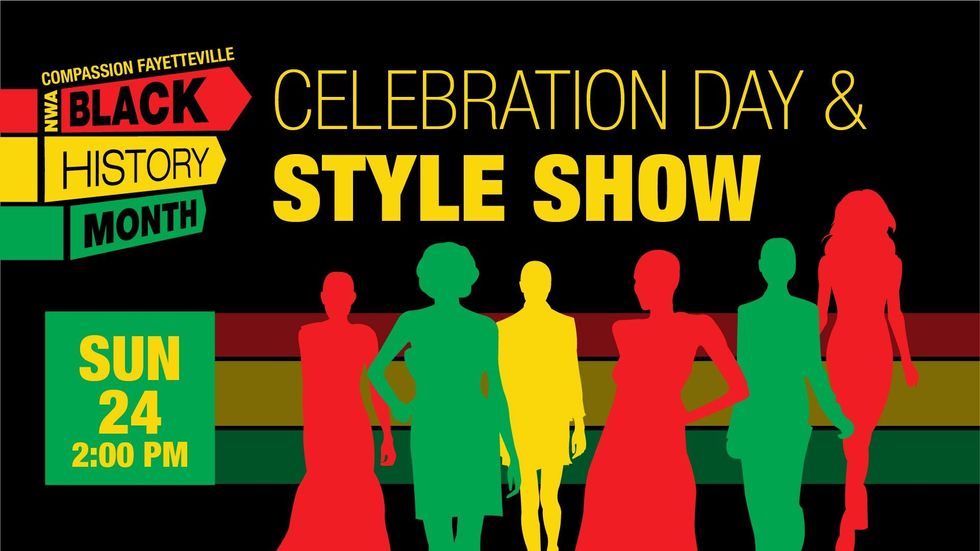
The idea for this year’s literacy project “came from the message of Barbershop Books and the young man who started this program, Alvin Ailey,” who has “sustained the [national] Barbershop movement.” This literacy project has taken place before in 2017, when Compassion Fayetteville partnered with Skillz Unlimited Springdale, which marked the kickoff to the barbershop books program. Ever since, this initiative has only grown: “the response has been incredible. People have been donating book, after book, after book. We’ve had a huge amount of success in both locations [Fayetteville and Springdale], so that’s another reason why we thought we should broaden our horizons.”
Jones plans to expand this literacy project throughout the region to address the needs of several underrepresented communities, something differentiating their service to the region. Jones hopes to attract a wider audience scaling up the initiative by tailoring the literacy project according to the needs and interests of diverse kids: “we are working on incorporating not only barber shops […] this year, nationally, there’s going to be beauty shops.” To become more inclusive, he’s also trying to create spaces that would integrate the Hispanic community: “we are looking to utilize some Latino shops as well, because we recognize that the challenges are the same for African American and Hispanic children.”
By partnering with programs of national barber shop organizations, who can provide these shops with “bookshelves, a year supply of books, and training for barbers,” they intend to expand the program by the fall of this year. Barbershop Books will also provide a $2,000 stipend to a student who will be responsible for managing the literacy project. “The idea is to raise $10,000 to make this program sustainable, then getting someone to manage it,” Jones says, since having a central manager will be necessary to reduce costs related to handling a region-wide operation: “our goal is to collect this amount [from Barbershop Books] to launch 10 barbershops and beauty shops throughout Northwest Arkansas in August of this school year.”
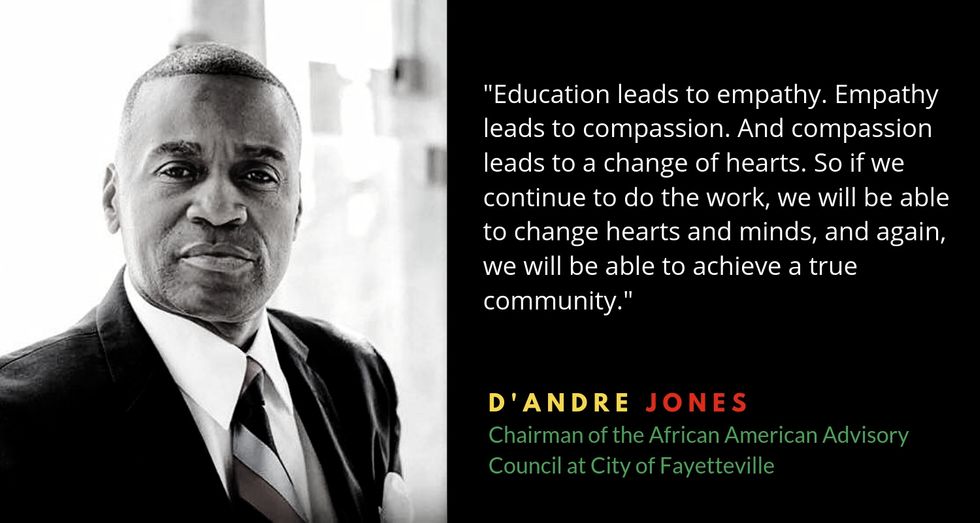
Jones believes that real change is driven by giving kids tools to find their “way out of poverty”: “when we lift from the bottom [up], everybody rises […] Being an African American man, I felt that it was my duty to help my community lift from the bottom [up] so the entire community—the state—can rise.” Jones knows from his own experience why the gradual change happening in the region is so important: “I’m from Northeast Arkansas. I grew up in a racially-charged environment,” where African Americans weren’t allowed to address “elephant-in-the-room topics. Northwest Arkansas has allowed us the opportunity to have those conversations without fear of retribution. I really appreciate that we are beginning to have those conversations. Because where I’m from […] you were told to be seen and not heard.” His mission is to create the space for these conversations through literacy, which would lead to awareness and unity: “Education leads to empathy. Empathy leads to compassion. And compassion leads to a change of hearts. So if we continue to do the work, we will be able to change hearts and minds, and again, we will be able to achieve a true community.”
Jones hopes that this literacy initiative commemorates Dr. Martin Luther King Jr.’s life: “we believe that it all starts with gradual activism, building awareness with education, creating the Black History Month; [it] all comes from the grassroots. Going back to Dr. King: we have to do the work, and in order to achieve the bigger picture, we have to start small.” These changes, he suggests, will create the conditions for bigger ones: “If we don’t create awareness, then what would politicians have to go on?”
Although significant changes won’t happen overnight, bottom-up initiatives like Bringing Books to Barber Shops is already making an important difference in people’s lives. Nevertheless, this initiative and others like it need the support of the community. Without starting small and enacting change, all our intentions, no matter how good, will amount to nothing. As Dr. King said: “Lightning makes no sound until it strikes.”
